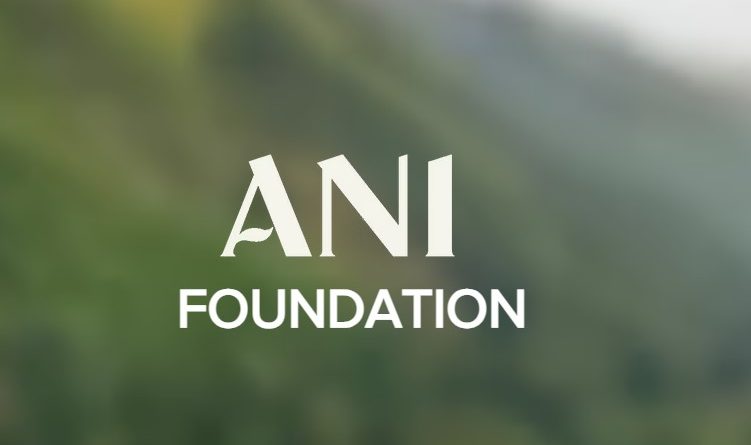ANI Foundation teams up with National Park Service to advance conservation in Nigeria
The Africa Nature Investors (ANI) Foundation has joined forces with the National Park Service of Nigeria to enhance conservation efforts at Okomu National Park and the broader Okomu Forest Reserve in Edo State.
In a statement posted on its LinkedIn page on Sunday, the Foundation stated that the partnership makes it one of the non-governmental organisation partners implementing the FAO GEF‑7 Biodiversity Project in Nigeria.
The FAO GEF-7 Biodiversity Project in Nigeria, a five-year initiative focused on enhancing biodiversity conservation and sustainability, is targeting lowland forest areas across Ogun, Edo, Delta, and Ondo States.
Global Environment Facility is bankrolling the initiative, which the Food and Agriculture Organisation will implement.
The project’s ultimate goal is to promote sustainable agriculture, protect high-value forests, and improve the livelihoods of local communities through integrated landscape management and restoration.
“We are pleased to see a focus on the often overlooked forests of SW Nigeria, which are highly threatened and not sufficiently recognised for the endemic species and subspecies they still harbour,” ANI said.
The partnership is looking to prioritise the protection of the endangered population of African forest elephants, white-throated guenon monkeys, red-capped mangabeys, white-bellied pangolins and African grey parrots.
Lingering concerns
The development comes amidst uncontrolled deforestation practices, expansion of agricultural activities, poaching and extreme weather events, among other factors that continue to pose existential threats to Nigeria’s wildlife and forest cover.
The country’s Endangered Species (Control of International Trade and Traffic) Act, 1985 forbids the killing, hunting, capturing or trading of endangered animals, and mandates the government to conserve and protect wildlife in compliance with international treaties.
That said, conservation regulations are seldom mainly enforced due to a lack of political will.
In 2022, an investigation by PREMIUM TIMES and Mongabay found evidence of systematic failure by law enforcement and the judiciary to hold wildlife poachers and traffickers accountable.
Similarly, this newspaper’s three-month-long investigation revealed how human-induced habitat loss, deforestation, and climate change drive human-elephant conflicts across major biodiversity hotspots in the country.
Despite being a CITES signatory, over the last decade, Nigeria has gained notoriety for being a key destination and a transit point for illicit wildlife trade. Its porous borders, coupled with corruption and poor law enforcement, have opened up a conduit for smugglers and wildlife traffickers operating between Africa and Asia for years with little or no consequence.
“Threatened and unrecognised”
In his reaction to the agreement on Sunday, ANI’s executive director, Tunde Morakinyo, said the forests of Nigeria’s South-western region, which are highly threatened, are not sufficiently recognised in Africa-wide conservation strategies for the endemic species and the subspecies they still harbour.
The new deal “will protect important populations of African forest elephants, white-throated guenon monkeys, red-capped mangabeys, white-bellied pangolins and African grey parrots,” he said.
Last month, ANI announced that Gashaka Gumti, one of Nigeria’s first nature-based carbon initiatives, was among the four selected from over 100 African projects to get UK support.
The initiative is funded by FSD Africa, the UK-backed financial sector development agency.
The deal, Mr Morakinyo disclosed, included scholarships, rehabilitation of schools, and micro-finance support for women-led small and medium-sized enterprises focused on agro-processing.
READ ALSO: Abuja Estate residents demand halt to rock blasting by Chinese quarry company
Other interventions include support for farmers engaged in beekeeping and agroforestry, as well as in sustainable pastoralism activities.
While stating that the fund for the project could dry up because it relies on philanthropy, Mr Morakinyo said the project could free up long-term sustainable financing from the park’s ecosystem services, which may increase the benefits communities receive from protecting their forests.


